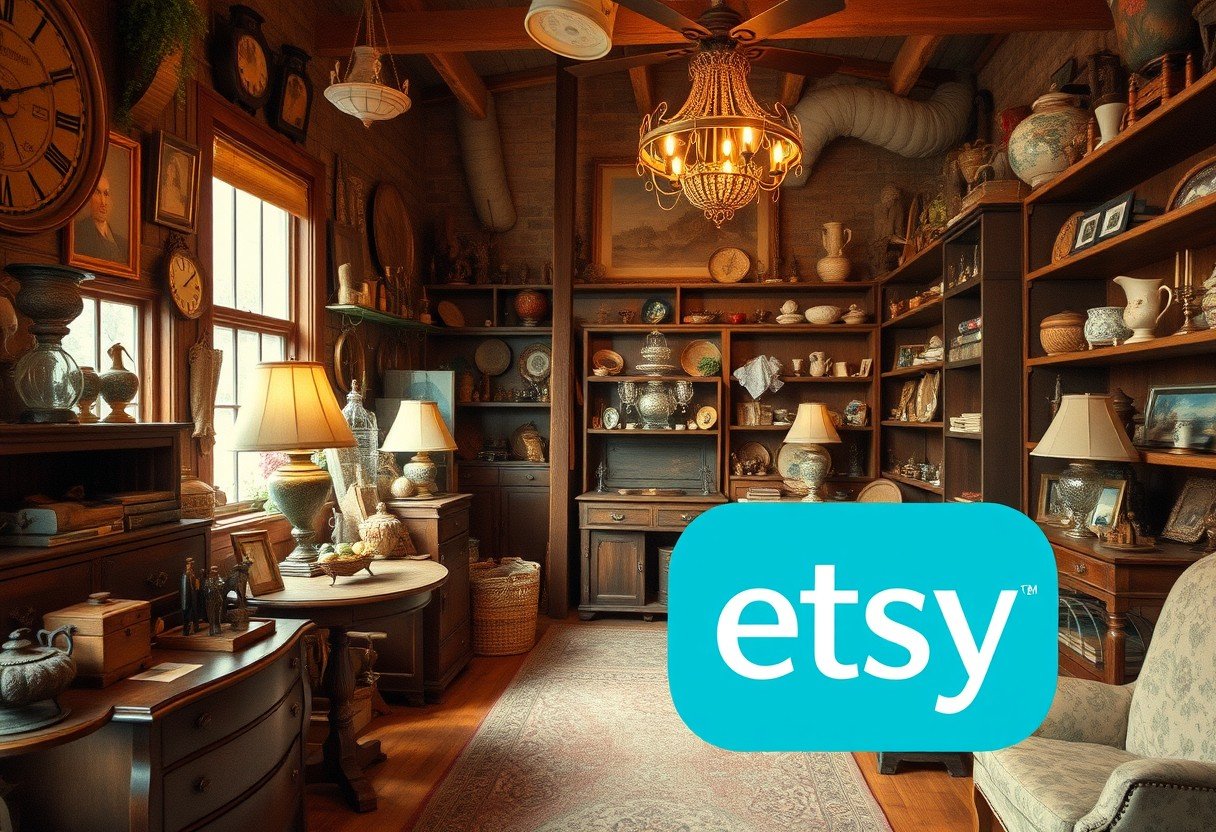Starting a podcast often comes with one big question: can you actually make money from it? While some creators earn a full-time living, the income for small podcasters varies widely. Your earnings depend on your audience size, your niche, and how you monetize your content. This guide breaks down what you can realistically expect to earn and how to build a profitable podcast, even with a small but dedicated following.
What Factors Influence a Podcaster’s Income?
Not all podcasts are created equal, and neither are their bank accounts. Several key factors directly impact how much money you can make. Understanding these elements is the first step toward building a successful monetization strategy.
Audience size is the most obvious factor. The more downloads you get per episode, the more you can charge for sponsorships. However, engagement is just as important. Brands often prefer a smaller, highly engaged audience in a specific niche over a large, passive one.
The niche you choose plays a huge role. Topics like finance or business tend to attract higher-paying sponsors than general entertainment. High-quality content that keeps listeners coming back is non-negotiable. If your audio is poor or your content is uninteresting, you won’t build the loyal audience needed to generate income.
Key Revenue Streams for Small Podcasters
You don’t have to rely on a single source of income. Most successful small podcasters use a mix of monetization methods to create a stable revenue stream. Diversifying your approach protects you from fluctuations in any one area, like a sponsorship deal ending.
Creating multiple income streams is the smartest way to ensure your podcast remains financially sustainable over the long term. It allows you to grow your earnings as your audience expands.
- Sponsorships and Ads: Brands pay you to advertise their products or services on your show. This is often done on a CPM (cost per mille, or 1,000 downloads) basis.
- Listener Donations: Platforms like Patreon or Buy Me a Coffee allow your most loyal fans to support you directly with one-time or recurring payments.
- Affiliate Marketing: You promote a product and earn a commission for every sale made through your unique referral link or code.
- Selling Your Own Products: This could include merchandise like t-shirts, digital products like e-books, or even online courses related to your podcast’s topic.
A Realistic Look at Average Earnings per Episode
Let’s talk numbers. While top-tier podcasters make millions, small creators operate on a different scale. Earnings can range from just a few dollars to several hundred dollars per episode, depending on the factors we’ve discussed.
For a new podcaster, initial earnings will likely be low. However, with consistent effort and audience growth, your income potential increases significantly. On average, a small podcaster can expect to earn between $20 and $200 per episode.
Here is a simple breakdown of potential earnings from sponsorships based on audience size:
| Downloads per Episode | Potential Earnings per Episode |
| Under 1,000 | $10 – $50 (often through affiliate marketing or donations) |
| 1,000 – 5,000 | $50 – $500 |
| 5,000 – 10,000 | $500 – $1,000+ |
These figures are estimates and can be higher in lucrative niches. Remember that these numbers typically refer to sponsorship income, and you can add to them with other revenue streams.
The Hidden Costs of Running a Podcast
Earning money from your podcast is exciting, but it’s important to remember that it’s not all profit. There are several expenses associated with producing a high-quality show that will eat into your earnings. Being aware of these costs helps you budget properly.
Initial setup costs can be a significant investment. This includes buying a quality microphone, headphones, and potentially a mixer or audio interface. While you can start with a simple setup, upgrading your equipment is often necessary to improve your show’s quality.
Ongoing expenses are also a factor. Balancing your production costs with your potential income is crucial for long-term profitability. These recurring fees include podcast hosting services, editing software subscriptions, and marketing expenses to promote your show.
Essential Tools to Boost Your Monetization
The right tools can make a huge difference in your ability to monetize your podcast effectively. From hosting platforms with built-in ad features to marketing software that expands your reach, leveraging technology is key to maximizing your revenue.
Your podcast host is your foundation. Services like Libsyn, Podbean, and Anchor not only store your audio files but also provide critical analytics and monetization tools. Many offer dynamic ad insertion, which automatically places ads in your episodes, or integrations with listener support platforms.
A strong marketing strategy is essential for growth. Tools like Canva can help you create professional-looking graphics for social media, while services like Mailchimp or Buffer allow you to engage with your audience through email newsletters and scheduled posts. These efforts attract new listeners, which in turn attracts more sponsors.
Overcoming Common Challenges in Podcasting
The path to a profitable podcast is not without its obstacles. Small creators face significant challenges, from standing out in a crowded market to finding the time to do everything themselves. Acknowledging these hurdles is the first step to overcoming them.
Competition is fierce. With millions of podcasts available, carving out your niche and building a loyal audience requires a unique voice and consistent effort. You are not just competing with other podcasts, but with all forms of media for a person’s attention.
Perhaps the biggest challenge is the time investment. Researching, recording, editing, and promoting a single episode can take many hours. Many small podcasters burn out because they underestimate the time commitment required to produce consistent, high-quality content. Managing your schedule and setting realistic goals is vital for long-term success.
Frequently Asked Questions about Podcaster Earnings
How much do small podcasters generally earn?
A small podcaster with 1,000 to 5,000 downloads per episode can typically earn between $50 and $500 per episode, primarily through sponsorships. This income can be supplemented with other methods like listener donations and affiliate marketing.
Do you need a large audience to start earning money?
No. While a larger audience increases your potential, a small, highly engaged niche audience can be very valuable to sponsors. You can also start earning early with monetization methods like listener support or affiliate marketing, which don’t depend solely on numbers.
What are the most profitable monetization methods for beginners?
For beginners, affiliate marketing and listener donations through platforms like Patreon are often the easiest to set up. They allow you to start generating income even before you have the listener numbers to attract high-paying sponsors.
Are there expenses that affect a podcaster’s earnings?
Yes, common expenses include equipment (microphones, headphones), podcast hosting fees, editing software, and marketing costs. These overheads reduce your net profit, so it’s important to budget for them.
How long does it take for a podcast to become profitable?
This varies greatly, but most podcasts are not profitable overnight. It often takes six months to a year or more of consistent effort to build an audience large enough to attract sponsors and generate a steady income.








Leave a Comment